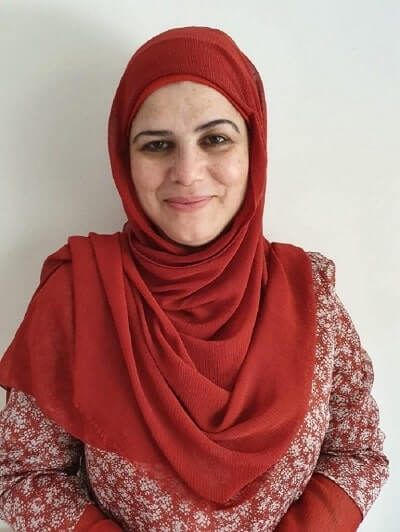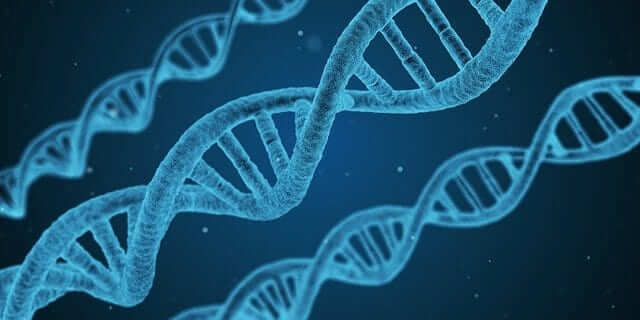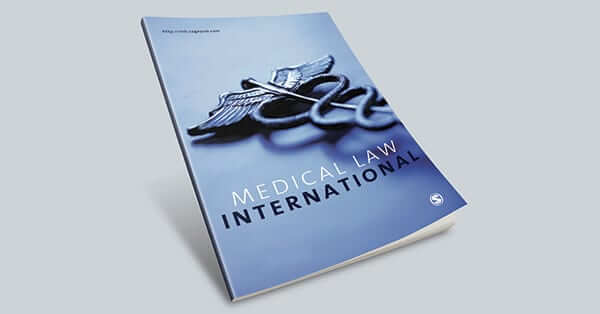RISHA ZIA tells us about her work helping people adapt and prepare for inherited risks.
My job title
Consulting Genetic Counsellor (clinical)
I have been in this job for
Eleven years with NSW Health
My educational qualifications
I completed my graduation in Zoology with Genetics as my specialisation and I then did my masters in Genetic Counselling. I’ve also completed courses in mental health.
What the job entails
My role as a genetic counsellor is to provide information, service and support for patients and their families with or at risk of developing an inherited health condition, such as cancers. I meet patients with cancer and draw a family tree, do an assessment on the family history, taking into account the age of diagnosis of the family members and the histopathology of cancer.
I use several computer algorithms as an aid for my assessment. Following medical guidelines, I test patients for a certain gene or genes (genetic testing is a blood test). It is very significant to clarify the patient’s perception of genetic risk and assess the psychological effects of trauma of family members dying of cancer. This often entails referral to psychosocial services.
If a gene fault is identified in a family member, we then see other family members and offer them testing. Since there is only a 50 per cent probability (in most cases) of inheriting these genes, family members who are positive are then screened to pick up the cancers early to prevent metastasis. Often prophylactic surgeries are recommended to prevent cancers. We also offer them PGD, a technique that can prevent the faulty gene from passing on to the next generation.
Part of my role is research, and helping researchers recruit patients to their study. If a gene fault is identified, then we confirm the clinical finding by retesting through our labs. We often have to present papers or posters in conferences and also have to keep up with the latest technology and new information to help our patients.
We are also involved in educating the doctors regarding new genes identified and constantly retesting patients.
But all this is the boring part of the job. The interesting part is that the families get to know you well and they don’t hesitate to approach you for any clinical or personal questions they may have. We then become the heroes of these families. It feels great!
What’s hard about my job
We become close to the family members after years of contact. To then get a phone call from a loved one to inform us of the death of the patient is hard to come to terms with. When a young single mother dies leaving little children behind, it makes you feel miserable. After this ordeal, continuing business as usual can be very tough.
The hardest part though, in my experience, has been building a rapport with non-English speaking patients on their death bed. You simply cannot convey care through interpreter services. I feel terrible as sometimes, sufficient care is not given to disadvantaged patients.
How has COVID 19 changed my work practice
The joy of human interaction in a clinical setting has been replaced by computers. All consultations are now done by Telehealth.
The workload has increased, as exchange of histopathology reports and request forms for genetic testing are scanned and emailed. Technical issues dealing with Telehealth is an area that needs no further explanation.
I must admit that I’ve become a lot more organized and disciplined in juggling home duties and work practices at home. An intelligent move is to incorporate the positive learning into our profession from a very strange situation.
The positive aspects of work
The feeling of being there for people when their life is falling apart, is just beyond belief. The words of appreciation and the glow in their eyes is immensely rewarding.
My scientific knowledge regarding the complexities of genetic testing give a feeling of euphoria. I’m usually not able to resolve a simple riddle, but understanding the human genome negates that feeling and makes me feel like a super intelligent human being! (I can hear my family cracking up as they read this)
It is comforting to know that what we are born with cannot be altered, but can be managed with the help of people like genetic counsellors.
How the job has changed my life
The ability to cater for the needs of others in a sensitive manner, has enhanced my skills to think in multiple domains. Any word you say is weighed heavily by patients, so carefully presented sentences has become the norm now.
This job has certainly humbled me as a person. I have become much more spiritual and a better human being.
This job has taught me that time is precious and so we must spend every second of the day wisely, and in doing good deeds. This is crucial to a productive life.
Advice for people who may want to get into genetic counselling
You can get a degree in genetic counselling, but compassion cannot be learnt. It’s a crucial skill as it becomes frustrating listening to and seeing pain every day of your life.
Yet this is an industry which has great potential: in the future, every treatment will be tailored to your genetic makeup.
READ ALSO: Owning the crease in pink sari







